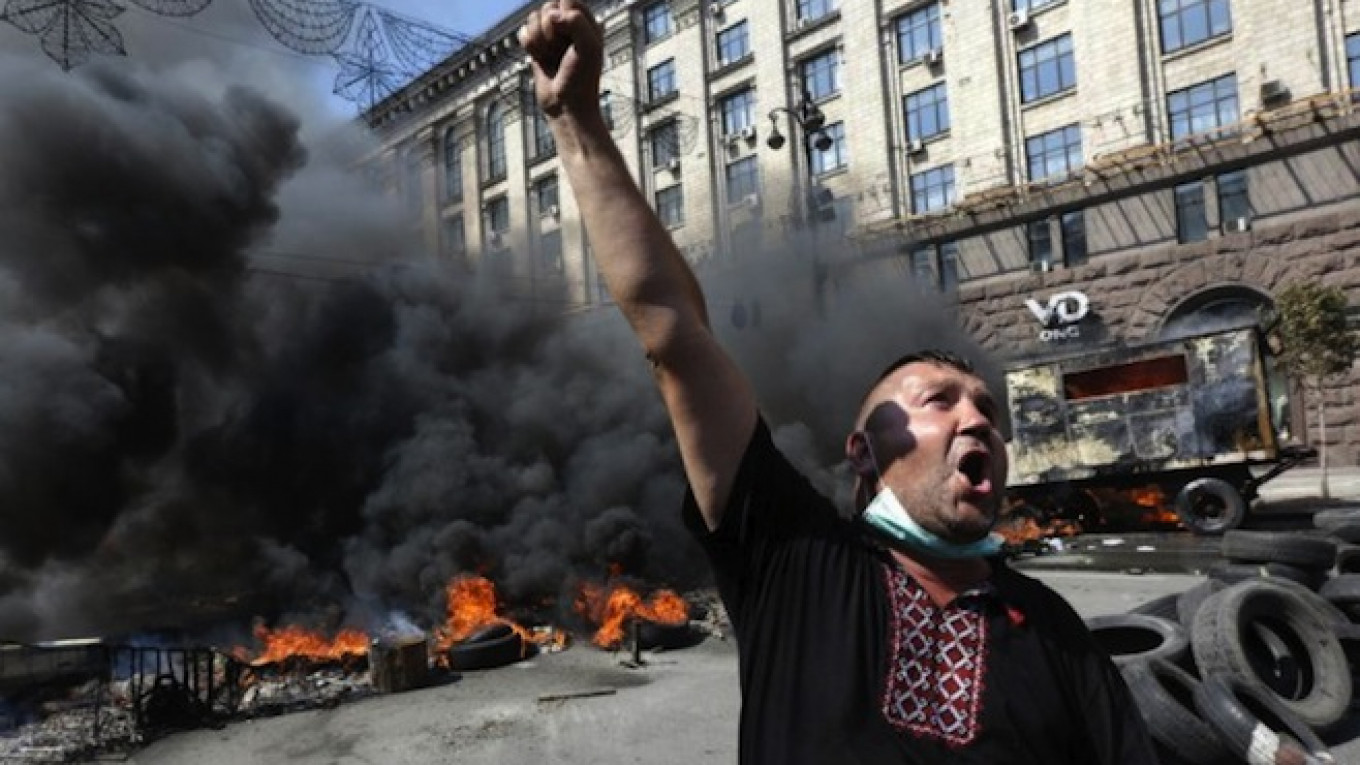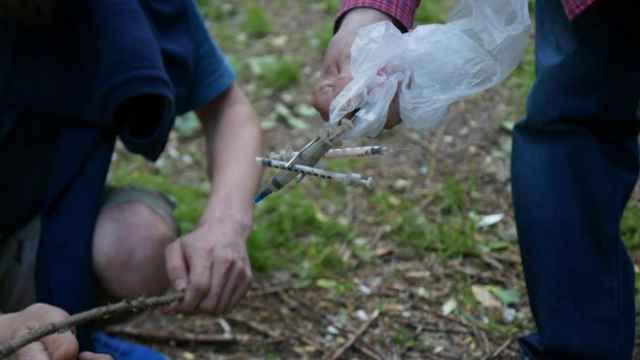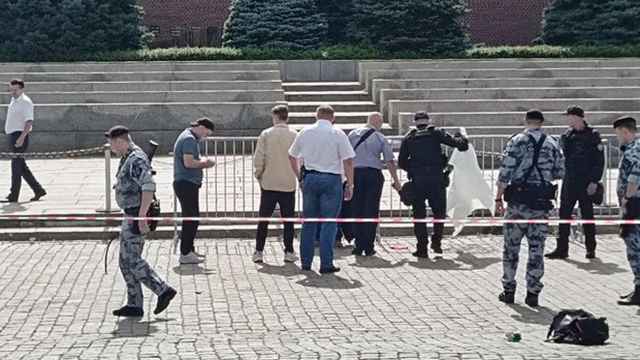Russia's top anti-drug cop claims to have identified the cause of the Ukrainian revolution — which, he said, was enacted by brainwashed methadone addicts.
Ukraine is one of more than 50 countries offering opioid replacement therapy to heroin addicts, who receive a milder opioid such as methadone in a palliative bid to ease withdrawals and drug cravings and decrease the danger to addicts.
Russia is among the most vocal opponents of the UN-endorsed therapy, which the Federal Drug Control Service calls a form of drug addiction.
Using the opioid replacement methadone instead of full-scale rehabilitation programs is what triggered the ongoing crisis in Ukraine, the service's head Viktor Ivanov said Friday.
Rehabilitation in Ukraine "was left to society, and totalitarian sects were quick to capitalize on that," Ivanov was cited as saying by Interfax.
The drug tsar did not name any sects, but said the alleged cultists "lured a lot of people into their webs and got them hooked on methadone."
"They served as cannon fodder on the Maidan and later in southeastern Ukraine," Ivanov said of the methadone users.
Last winter's revolution in Ukraine largely happened in Kiev's Independence Square, known as the Maidan. Some Maidan activists later joined volunteer battalions fighting a pro-Russian uprising on Ukraine's eastern border.
Russia banned methadone therapy on the Crimean Peninsula after annexing it from Ukraine in March. About 20 out of 800 methadone therapy patients in Crimea died within two months of the annexation, Radio Liberty reported in June, though Russian officials denied it.
Russia has 8.5 million drug users, or 7 percent of the population, Ivanov said last year. He claimed his agency had curbed the spread of the drug epidemic, which kills 100,000 Russians every year.
A Message from The Moscow Times:
Dear readers,
We are facing unprecedented challenges. Russia's Prosecutor General's Office has designated The Moscow Times as an "undesirable" organization, criminalizing our work and putting our staff at risk of prosecution. This follows our earlier unjust labeling as a "foreign agent."
These actions are direct attempts to silence independent journalism in Russia. The authorities claim our work "discredits the decisions of the Russian leadership." We see things differently: we strive to provide accurate, unbiased reporting on Russia.
We, the journalists of The Moscow Times, refuse to be silenced. But to continue our work, we need your help.
Your support, no matter how small, makes a world of difference. If you can, please support us monthly starting from just $2. It's quick to set up, and every contribution makes a significant impact.
By supporting The Moscow Times, you're defending open, independent journalism in the face of repression. Thank you for standing with us.
Remind me later.







